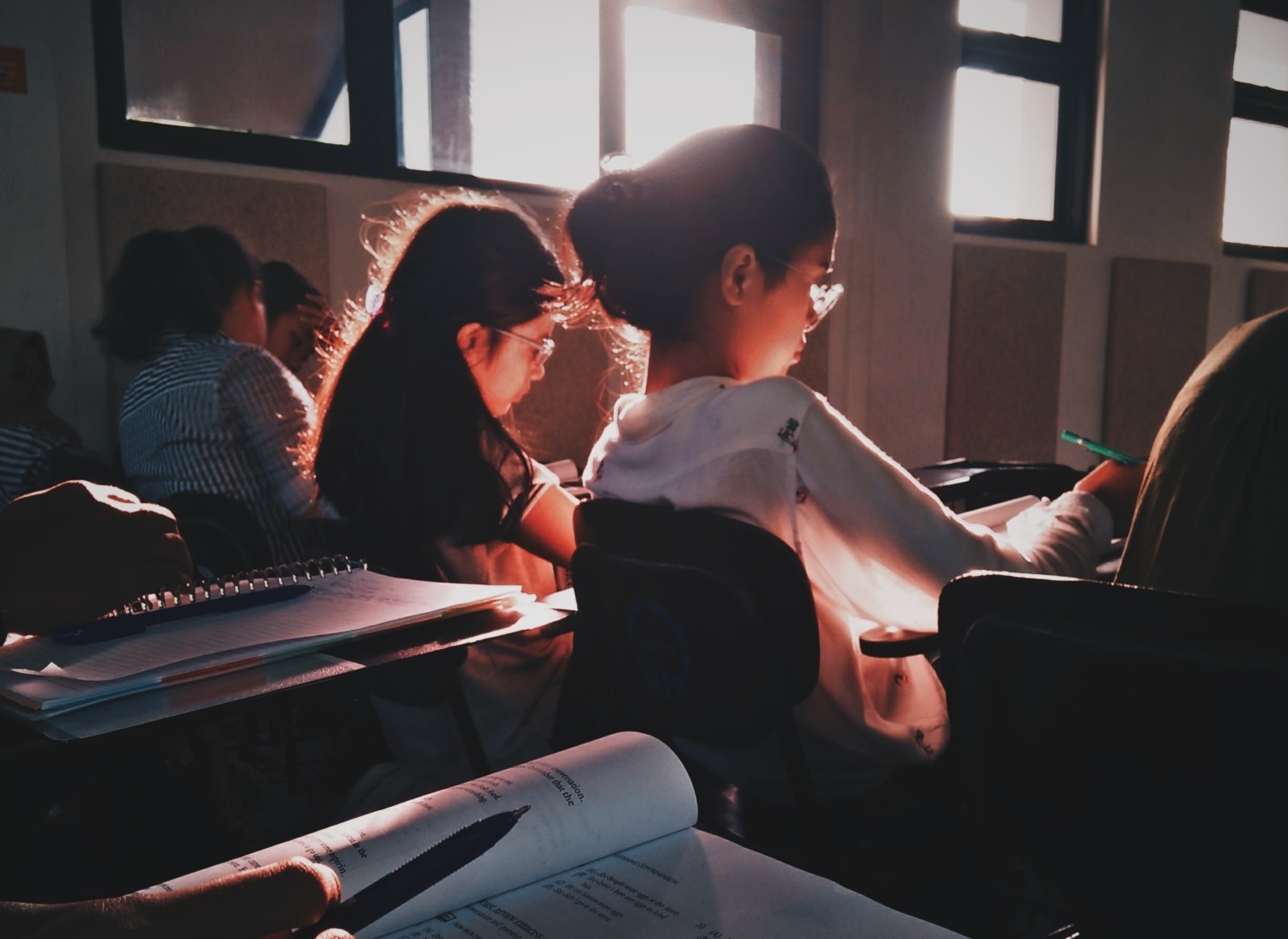At a glance
The British Council are looking to increase creative enterprise and entrepreneurship skills amongst young people in Central Asia. A new regional programme – Creative Spark – was developed and launched to provide enterprise and entrepreneurship training to students, recent graduates and educators in seven Central Asian countries through partnerships between UK and local higher education institutions. After an initial scoping exercise conducted by IFF Research to develop the programme, IFF, in partnership with Ecorys UK, was commissioned to conduct a five-year evaluation of the programme (2018-2023), assessing the impact of the programme at the individual, institutional and policy levels.
About the client
The British Council is the United Kingdom’s international organisation for cultural relations and educational opportunities. The organisation offers English language training and funded programmes in arts, culture and education to build connections, understanding and trust between people in the UK and other countries. Their programmes work directly with individuals and institutions, and with governments and policymakers to deliver locally-relevant programmes and change. In 2019, the British Council worked in more than 100 countries globally, connecting 80 million people directly and millions more through online, broadcasts and publications.
Challenges and objectives
The British Council’s Wider Europe region required information to better understand the UK and Wider Europe contexts in relation to the creative industries and (creative) enterprise education. In order to develop a locally-relevant programme, they sought to understand:
- The state of the creative industries in the UK, including their role in and impact on the UK economy overall and any cross-industry learnings relating to skills and employment that differentiate it from other sectors;
- Clarity of existing models of extracurricular enterprise and entrepreneurship education used across UK higher education institutions (creative or otherwise), including case studies of their use and impact; and
- An overview of the current higher education and (creative) economic landscape in six Central Asian and South Caucasus countries, used to better understand local economic needs and establish a baseline for future impact measurement.
A higher education partnership programme was designed to link together UK and local higher education institutions and other education providers in seven Central Asian and South Caucasus countries to co-deliver unique projects, designed to meet the needs of each local partner. Activities include student training, networking events, and competitions, a region-wide Big Idea Challenge competition, teacher training and curriculum development, institutional strategy and access to English language training and clubs. Partners were provided up to £50k in Year 1 and up to £30k in Year 2 to deliver their proposed activities.
Once developed, British Council commissioned a five-year impact evaluation of the programme, including developing the programme’s Theory of Change and associated evaluation framework to define and track outcome and impact indicators in the short- and long-term. The required evaluation approach needed to develop and deliver an evaluation solution that would be achievable for all partnerships, despite very different objectives and activities, and including beneficiary and policymaker perspectives.

Solution
IFF Research’s original programme scoping research produced a 100-page report. Using existing literature and research from across the UK and Wider Europe, the report offered key insights on:
- the performance and function of the UK’s creative industries;
- the skills needs and gaps unique to the sector;
- existing enterprise education approaches used in UK higher education, presented as a 16-model suite with accompanying descriptions and case study examples;
- establishing a baseline understanding of the economic and education landscapes in six target countries; and
- recommendations on which education models are most appropriate for differing local contexts and programme or project objectives.
For the evaluation, IFF Research – in partnership with Ecorys UK – developed and delivers a mixed method evaluation approach combining qualitative and quantitative methods to assess programme impact annually and longitudinally over five years. The programme includes an activity tracking survey and beneficiary survey, paired with qualitative case studies, longitudinal beneficiary research, and policy interviews to provide a multi-level assessment of programme impact. Results are reported annually and will culminate in a final, programme impact report at the end of the five-year period.
Watch the programme video here.

“IFF provides the ongoing monitoring and evaluation function of the programme with innovative tools to measure impact at policy, institutional and individual levels, the year 1 results of which were useful in the design process of the public and digital exhibition on the programme, and provided additional impact.”
Richard Everitt,
Regional Director – Education for Wider Europe, British Council
Impact
Now it its second year, the evaluation successfully tracked and reported on the activity of the 38 year one partnerships, then adjusted its design in year two to accommodate a change in programme scope, an increase in partnerships (to 50), and adjustments to programme delivery in light of the Covid-19 pandemic.
Year one results showed the 38 partnerships collectively delivered 610 activities and supported just over 28,000 unique beneficiaries. Partner surveys showed the vast majority of organisations involved in Creative Spark were satisfied with their partnerships (rating it 9.8 out of 10 on average) and highly rated their partnerships’ success in Year 1 (95%) and its likelihood of continuing (100%). Beneficiary surveys showed strong increases across a range of enterprise skills, as well as increased confidence in speaking English and stronger aspirations to develop creative businesses in future. Read the full report here.

